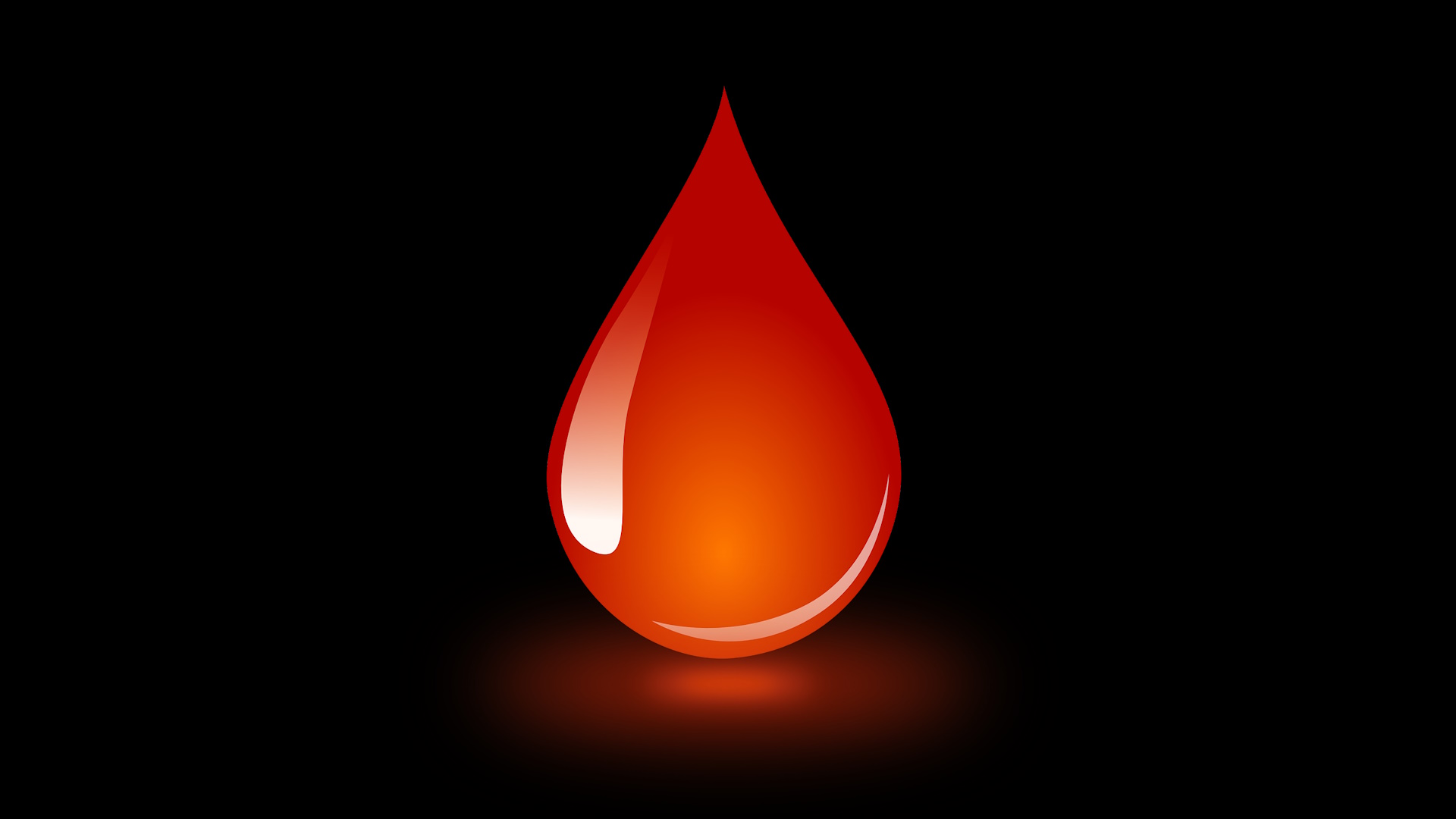
Contrary to What We’ve Been Told, Blood Groups Are Not the Immutable Witness to Our Genetic Ancestry and History
Bloodline Revealed: Your Family Tree Is More Than Just a Blood Type!
by Next Level – Wissen neu gedacht
translation from German via telegram translate
October 14, 2023
Do you really believe that a simple blood test can reveal your genetic history and heritage? Let us show you why common ideas about blood groups and bloodlines are far from scientific reality.
Blood: The Liquid Enigma of Our Existence
Have you ever stopped and thought about the mysterious fluid that runs through our veins? Blood, often seen as a reflection of our ancestry and identity, holds secrets far beyond what we have previously been told.
Dozens of blood groups and subgroup systems
Let’s start with a startling fact: there is not just the ABO and Rhesus blood group system that we are so familiar with. There are DOZENS of blood group systems! Each system with its own binding reactions.
What does that mean? It shows that the idea of a “specific” blood type that makes us unique is actually much more complex and non-specific than we thought.
Change in blood group
Now for an even more amazing fact: our blood type can change throughout our lives.
Yes, you’ve read correctly.
What is often viewed as an immutable marker of our identity can actually change. And not only that, scientists can artificially change blood types in laboratories!
But why is this so important? Because it challenges the common idea that our blood is an immutable witness to our genetic ancestry and history.
Lack of ideas: When blood is mixed wildly
If rabbits and monkeys were involved in the discovery of the Rh factor, how reliable is our understanding of blood groups and their meaning?
Theoretical expansion of the system: If we continue to rely on non-specific experiments, such as the monkey-rabbit experiment, we could theoretically “discover” an infinite number of new blood group systems.
Imagine if we injected monkey blood into frogs and then transferred this antiserum to human blood. This could lead to a hypothetical “Rhesus frog system”. And if we pursue this approach, we could create a new system with each combination of animals.
This shows how easy it is to develop complex and potentially misleading systems on unsound foundations.
The truth is that blood is constantly moving and changing, just like us. It is a living, breathing system that responds to our environment, our choices and our health. The idea that it divides us into simple categories is an illusion.
Own blood vs. foreign blood: Same challenges when it comes to compatibility
It is a common misconception that using your own blood in transfusions is automatically safer than using donor blood. In fact, both variants have similar challenges in terms of tolerability.
Need for compatibility testing
The fact is that blood group determination alone is not sufficient to ensure the tolerability of a blood transfusion. There are many subgroups and other factors such as the unscientific Rhesus factor that are taken into account. Therefore, a compatibility test is carried out before each transfusion to ensure that the donor and recipient are compatible.
What are blood groups?
The claim of blood groups is an attempt to explain the phenomenon of “incompatibility” of blood from different people in terms of Mendelian genetics.
Since the energy content of the cell membranes and the proteins dissolved in the body and blood are constantly changing, the blood groups also change. There are currently 29 “officially” approved, diverse blood group systems.
[update – October 15, 2023 – see follow up post to this series]
Connect with Next Level at telegram
Cover image credit: OpenClipart-Vectors

Truth Comes to Light highlights writers and video creators who ask the difficult questions while sharing their unique insights and visions.
Everything posted on this site is done in the spirit of conversation. Please do your own research and trust yourself when reading and giving consideration to anything that appears here or anywhere else.











